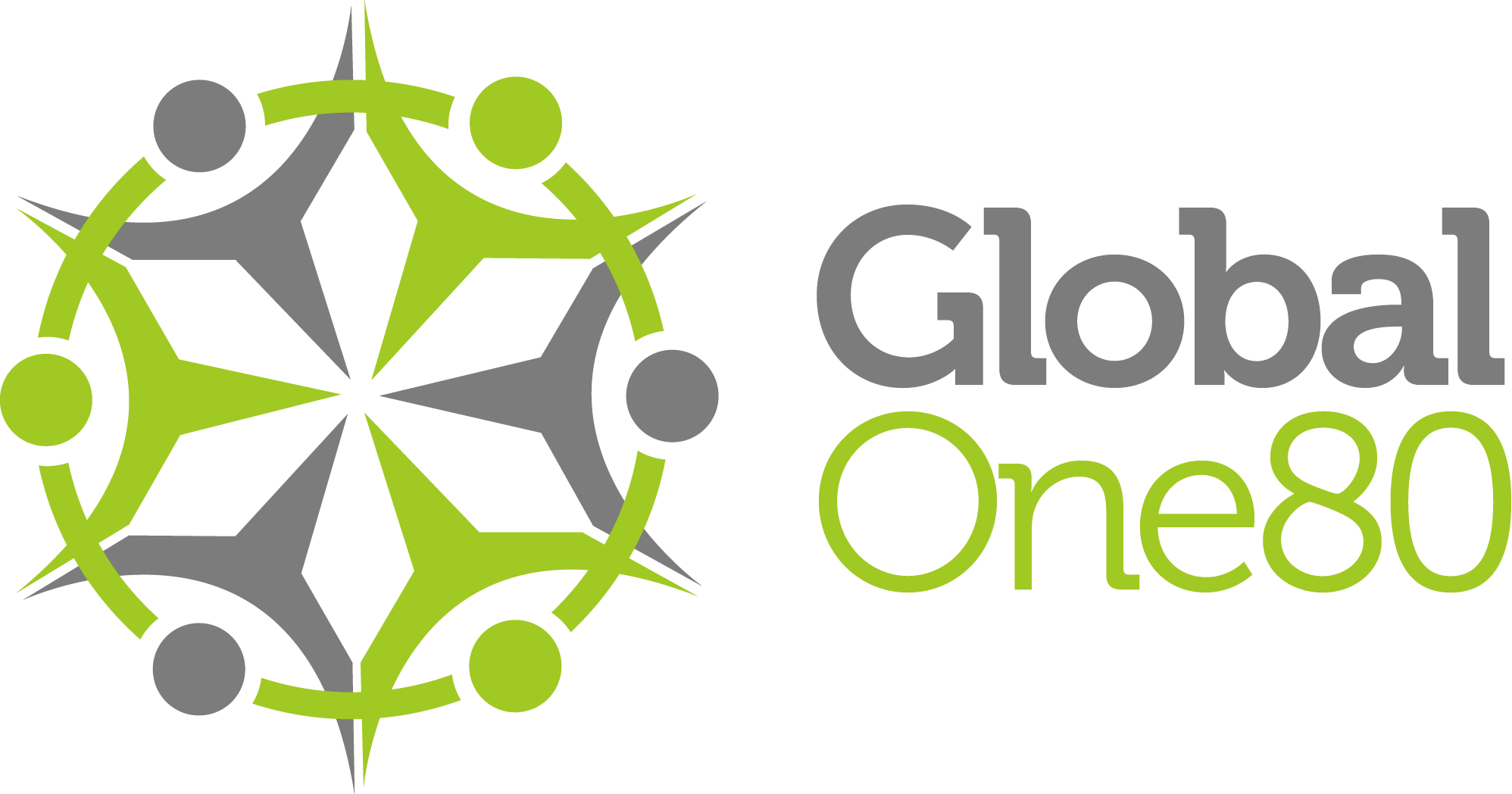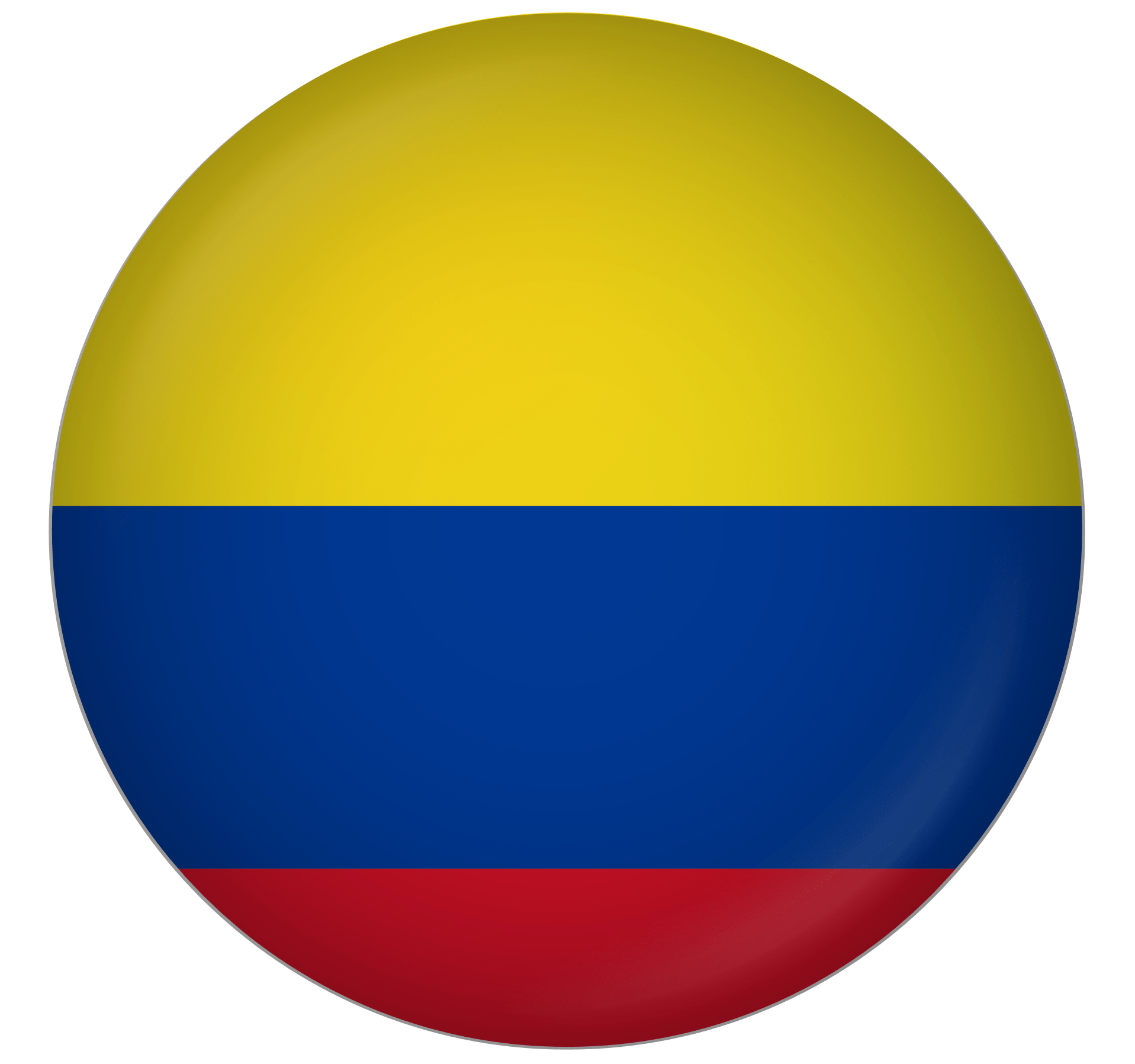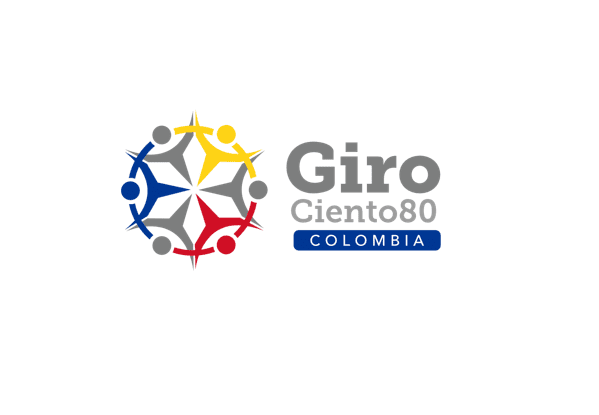It is the only South American nation with coasts on the Pacific Ocean and access to the Atlantic Ocean through the Caribbean Sea.
During the 19th and 20th centuries, the country was characterized by instability and a large number of civil wars; the last of these conflicts known as internal armed conflict, which began in 1960. In 2012, after more than fifty years of conflict, the government of then President Juan Manuel Santos initiated peace talks with the FARC-EP. In 2016, a final agreement was reached which, despite not being approved in the plebiscite of October 2 of the same year, was implemented with modifications in 2017. To date, the Government of Colombia is moving forward with the process of implementing the agreements and initiating new talks with the ELN, which has expressed its intention to contribute to the end of the conflict.
Colombia has a diversified economy with a significant services component. The country’s economic output is dominated by domestic demand and household consumption expenditure is the largest component of GDP.
Colombia’s human development index is 0.747 and its average life expectancy is 75.1 years. Colombia is part of the CIVETS group of six major emerging markets. It is a member of the OECD, the UN, the OAS, the Pacific Alliance and other international organizations; it is also the only Latin American country that is a global partner of NATO. It is the country with the second highest inequality index in Latin America, after Brazil, and tied with Panama, according to the World Bank database.


